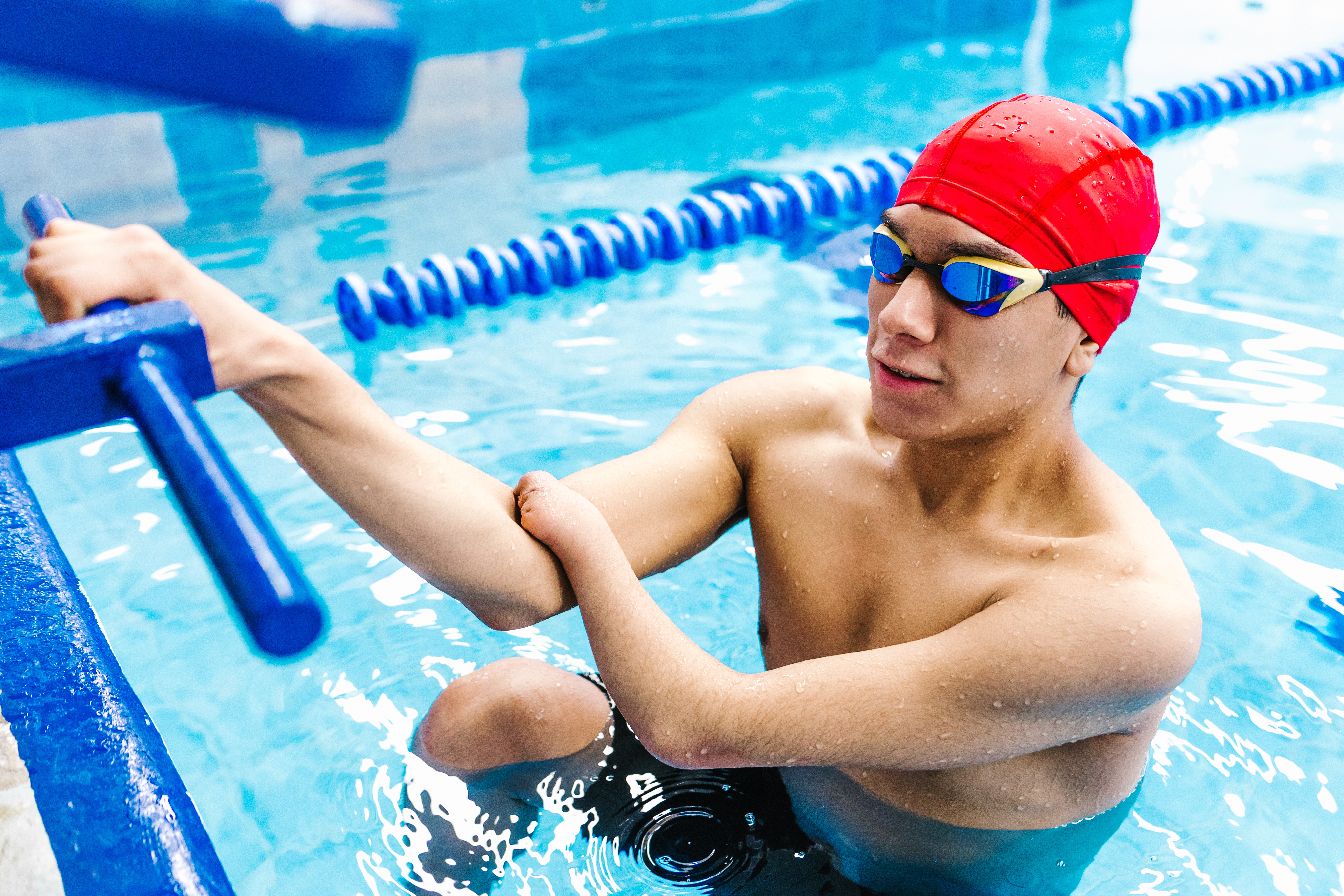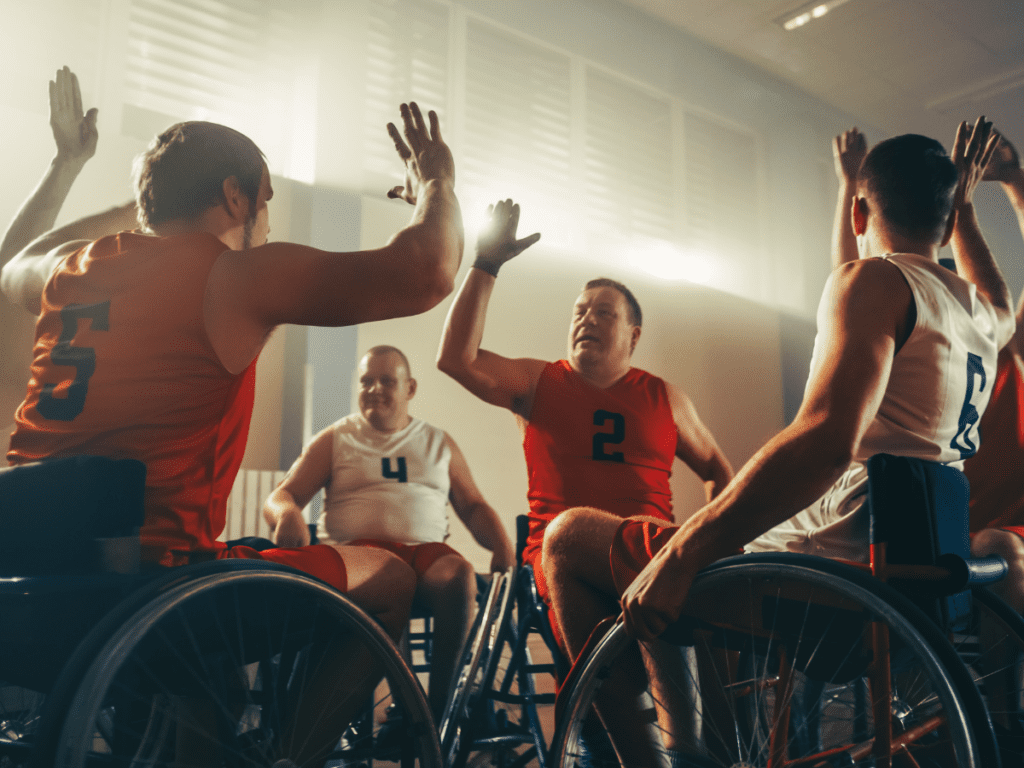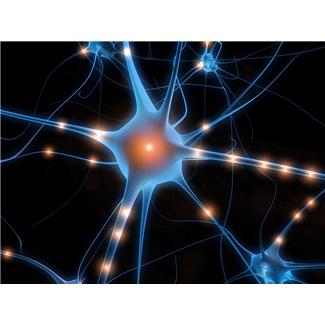Leveraging parasport events for sustainable community participation

View the summary of this research here. The aim of this project was to examine how the hosting of different forms of sport events for persons with disabilities were being leveraged to create opportunities for community participation, and influence community attitudes towards disability. Research on events demonstrates that it is necessary to intentionally and strategically…
Inclusion in the Field(s) of Dreams?

The purpose of this project was to explore issues surrounding segregated sport for people with impairments and to address the question of whether or not segregated sport perpetuates inequity (Fay & Wolff, 2009). The specific objectives included: (1) Identifying the drawback and benefits of participation in segregated athlete training programs taking place in different settings;…
Exploring Developmental Factors for Overcoming Relative Age Effects in Ice Hockey
Relative age effects (RAEs) are developmental advantages experienced by those born in the early months of the year relative to an age-defined cut-off date (Barnsley et al., 1985). In sport and educational settings, RAEs tend to endure, resulting in an accumulated advantage that could affect youths’ overall development (Murray, 2003). This research program investigated the…
Advancing Concussion Education at the Community Level
Participation in sport can be an integral, rewarding component of life. However, sport concussions can too easily derail the benefit of both competitive and casual exercise—instances that can be avoided through proper education and preventative measures. Sport is especially advantageous for adolescents. Those who participate in sport during this period often build better social skills,…
Being Smart about Concussions
Concussion continues to be a very hot topic in sport these days. In fact, the Governor General spent a full day in December 2016 hosting a conference with former professional athletes, Olympic and Paralympic athletes, the medical community, and the sport community at large, discussing concussions in sport and how we can do better for…
Need to Know Facts about Concussions
A concussion is a common head injury, also known as a Mild Traumatic Brain Injury (MTBI). It is an injury that is caused by the brain being shaken around inside the skull after a direct blow to the head, or a sudden jerking of the head or neck when the body is hit. There is…
Highlights: Consensus statement on concussion in sport – the 5th International Conference on Concussion in Sport

Concussion is one of those topics in sport that has been increasing in prevalence over the last few years. It is most likely that concussion injuries have existed for a long time, however, the awareness of their symptoms, presentation and management have been largely hidden from the mainstream. High profile athletes who have shared their…
Canadian Concussion Collaborative – Sharing Tools and Resources for Concussion Education and Management in Canada
In December of 2011, 10 medical organizations led by the Canadian Academy of Sport and Exercise Medicine (CASEM) and the Canadian Medical Association (CMA) along with the Canadian Centre for Ethics in Sport (CCES) and the then Think First (now Parachute Canada) came together with a primary overall mandate to address growing needs of medical…
Health and Sport Working Together to Improve Concussion Safety in Kids
The growth in knowledge of the potential impact of concussion in recent years has prompted a demand for sports organizations across Canada to work with experts in health and health care to enhance the safety of athletes. One example of this is the collaboration between the Greater Toronto Hockey League (GTHL), the largest hockey league…
Sport Injury – Healing the Mind and Body
Most athletes, competitive through recreational, experience injury in their sport at some time. There are many practitioners out there who can help heal the physical symptoms of the injury from the family doctor to the physical therapist. But dealing with the physical side of injury is only half the battle. What we cannot forget to address…